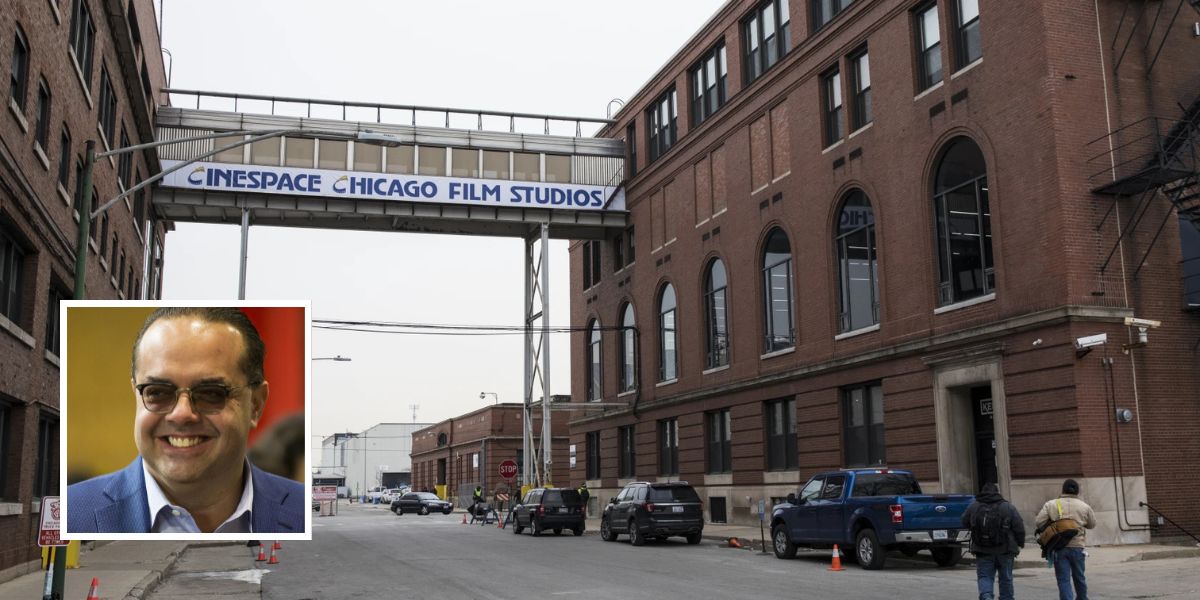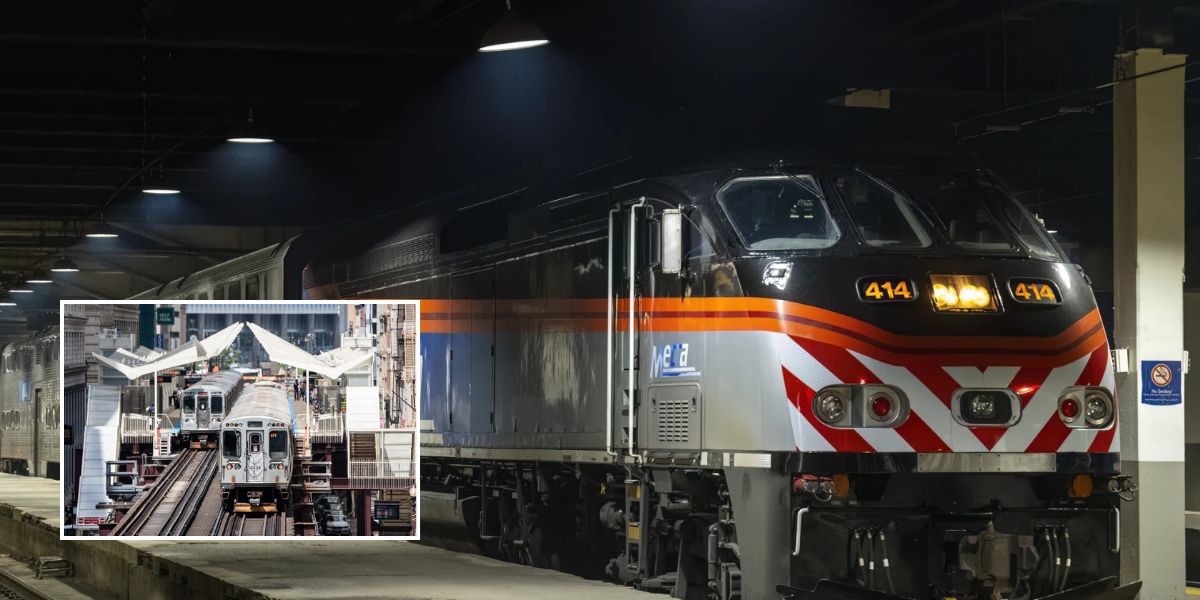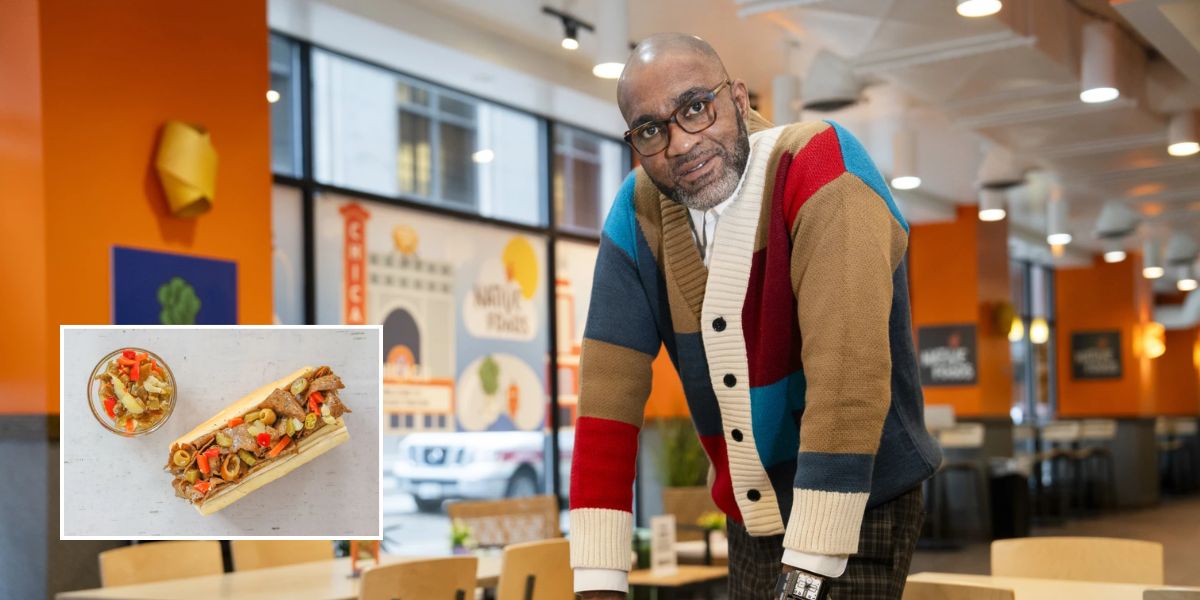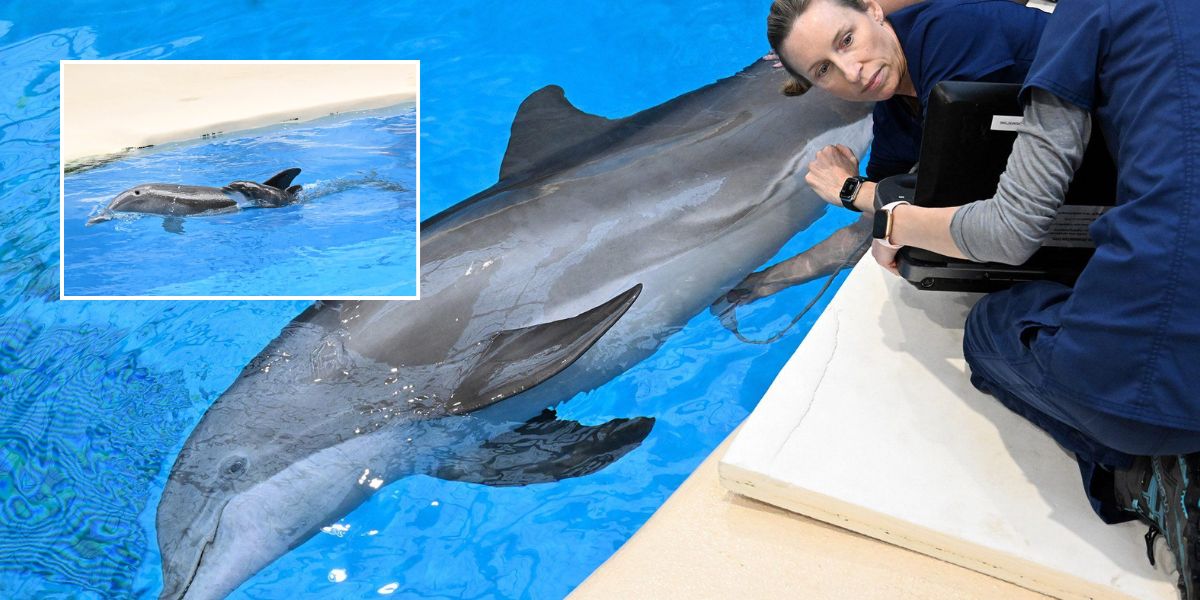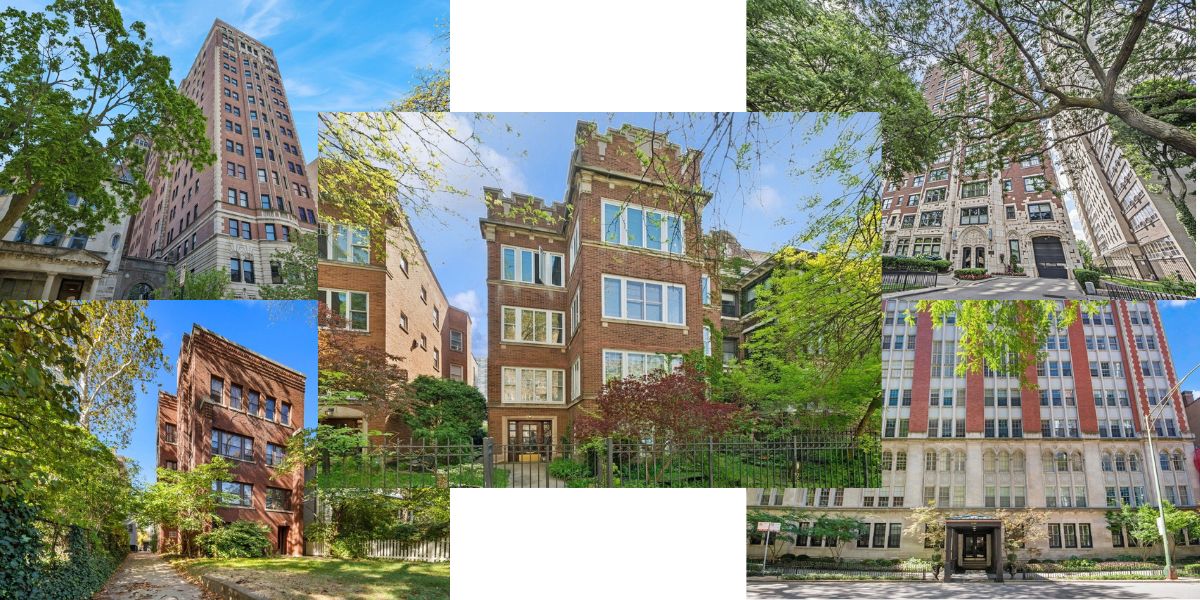CHICAGO — Nearly four years after selling Cinespace Chicago Film Studios for a reported $1 billion, former studio head Alex Pissios is embroiled in a pair of lawsuits — one from a cousin and another from a scrap dealer — who claim they were cheated out of millions.
The legal complaints stem from the high-stakes sale of Cinespace’s Chicago and Toronto campuses, known for hosting hit shows like Chicago Fire and Chicago Med, which Pissios helped lead before exiting the company.
Family Dispute Over Equity
Konstantinos “Dino” Mirkopoulos, Pissios’ cousin, alleges he is owed more than $6 million based on a handwritten note signed by their now-deceased uncle, Nick Mirkopoulos, at a Greek restaurant back in 2012. That note promised Dino the same equity and compensation as Nicholas Pissios — Alex’s brother — if Dino worked at Cinespace for three years.
While Dino was hired in 2014, months after Nick’s death, his lawsuit claims he was grossly underpaid compared to Nicholas and received no share when the studio was sold.
“Alex and Uncle Steve refused to pay Dino the value of his equity share,” the lawsuit alleges, quoting Uncle Steve Mirkopoulos as telling Dino: “But he died,” referencing the original contract maker.
Dino is now suing Alex Pissios, his brothers Dean and Nicholas, and Steve Mirkopoulos, as well as Mark Degnen, a former studio CFO and husband of Cook County Commissioner Bridget Degnen.
Scrap Dealer Says Verbal Agreement Was Broken
In a separate legal challenge, scrap dealer Ronald Nisson claims he is owed 10% of the studio’s sale proceeds based on a verbal agreement from 2011.
Nisson lent $400,000 to help launch the North Lawndale campus of Cinespace and alleges Pissios repeatedly promised repayment beyond interest, including at a birthday party for Nisson’s grandson, just two months before the 2021 sale.
“Rabbi, you have nothing to worry about,” Pissios reportedly told Nisson.
Despite those assurances, Pissios now argues that the deal ended when the loan — plus 20% interest — was fully repaid in 2013. Nisson’s lawsuit, filed in Lake County, asserts otherwise and is moving forward.
Undercover Work and Federal Investigations
The lawsuits come years after Pissios cooperated with federal investigators to avoid a bankruptcy fraud charge. He secretly wore a wire to help bring down longtime Chicago Teamsters boss John T. Coli Sr., who was later convicted of extorting money from Cinespace.
That cooperation followed Pissios’ 2011 bankruptcy, where he failed to disclose a $100,000 loan from his uncle. He later repaid the bank and emerged with a clean slate, thanks in part to his role as a federal mole.
Connections, Debt, and New Ventures
Both lawsuits also recount Pissios’ rise — from a Michigan Avenue fur salon salesman to a prominent studio executive — and his ties to troubled financial institutions like the Bridgeport-based Washington Federal Bank for Savings, which collapsed in 2017 amid widespread fraud.
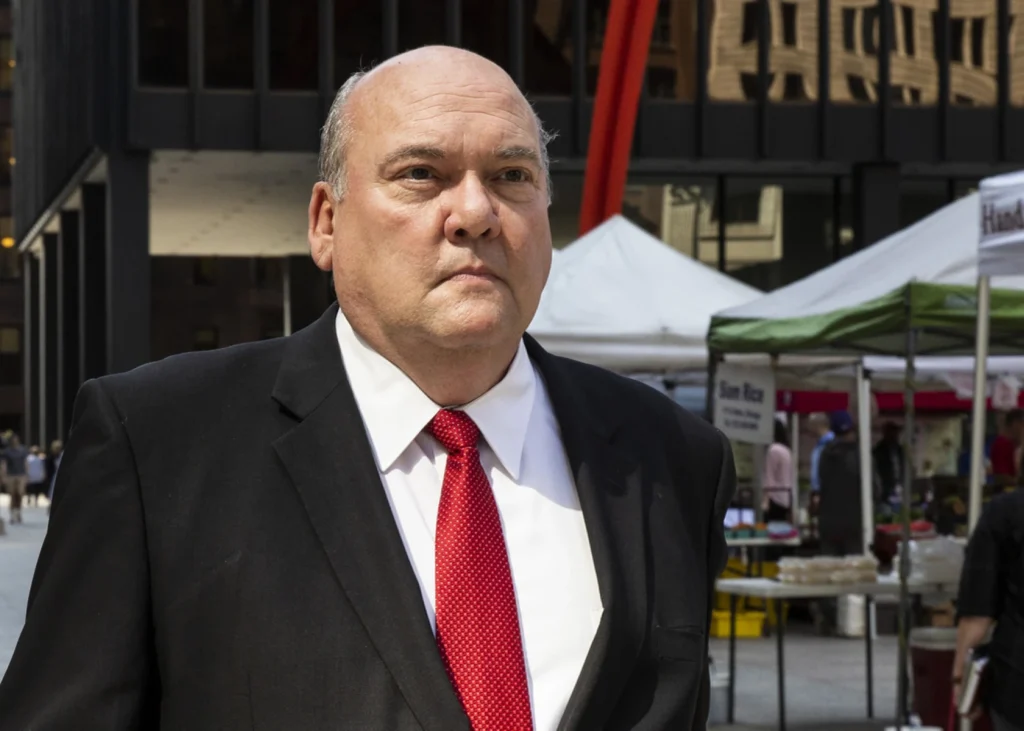
Pissios was never charged in that case but shared connections with Edward Gobbo, a former city truck driver and relative of a corrupt Chicago Police chief.
Today, Pissios runs Alecko Capital, an investment firm involved in 16 commercial and residential projects across Chicago. At least five of those projects involve nearly $9.4 million in loans linked to a partner at Much Shelist, the law firm currently defending him in the lawsuits.
Have thoughts on this studio sale saga? Did you or someone you know work at Cinespace during its rise? Share your experience or opinion in the comments on ChicagoSuburbanFamily.com.

